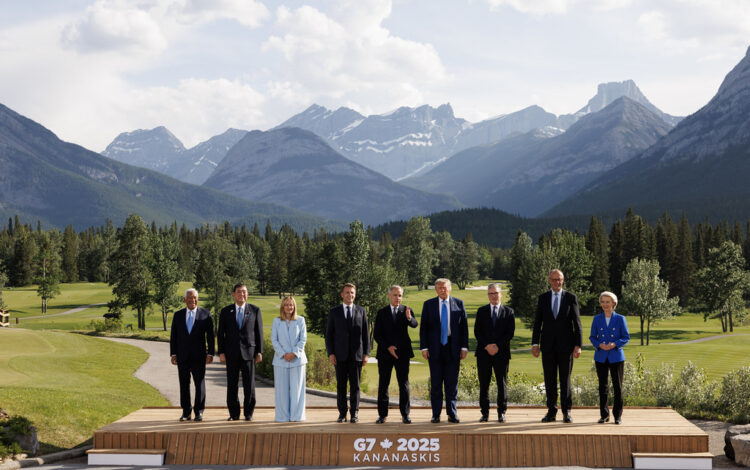The Wider Atlantic
Geoeconomics Program Director Peter Rashish takes a wide-angle look at the United States, Germany, and the European Union from a national interest perspective.
The G7 Summit, Plus or Minus
While the G7 economies today account for only 30 percent of global GDP, they remain a decent proxy for what can still be called the “West” in geopolitical terms. Or …
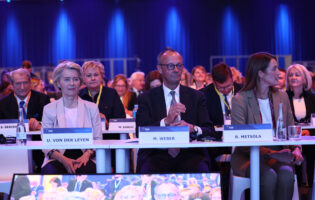
The Schuman Plan at 75 and the EU’s Global Role
On May 9, the European Union marked the seventy-fifth anniversary of the Schuman Plan, the project to create a European Coal and Steel Community (ECSC) among six countries that was …
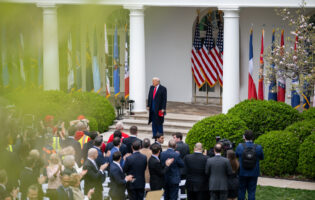
Trade Policy: Is It Foreign or Domestic?
On April 2, President Trump announced a major action “Regulating Imports with a Reciprocal Tariff” as a response to “large and persistent” U.S. trade deficits that the administration believes are …
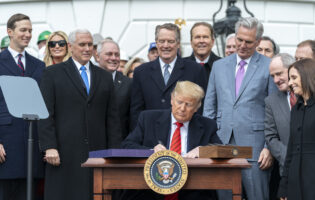
Groundhog Day Trade Policy
Bill Murray is a comic genius of the most subtle kind, and what makes him so is his ability to channel a particular kind of wry world-weariness that is not …
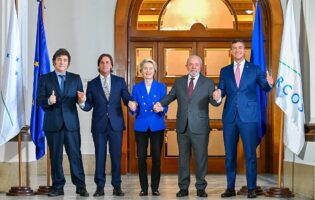
A Southern TTIP?
Just days after starting her second term as European Commission President, Ursula von der Leyen signed the EU-Mercosur Partnership Agreement on December 6 in Montevideo, Uruguay. This free trade deal …
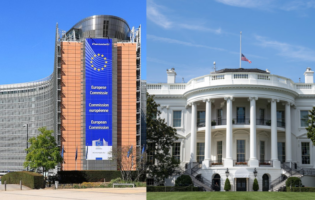
What Should Europe Do?
As the U.S. presidential election approaches next week, the European Union is readying a package of deterrent or, if necessary, retaliatory actions faced with candidate Donald Trump’s promise of 10-20 …
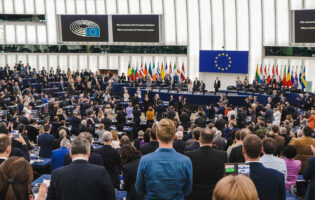
What the Elections in France and the UK Don’t Tell Us about Europe
Political pendulums in an unstable Europe are swinging faster, more wildly, and in unpredictable ways. Except when they’re not. There is certainly evidence for the first narrative given the results …
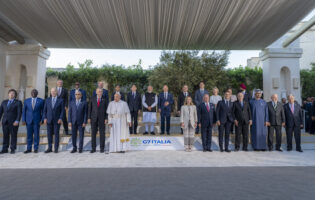
The G7 Summit and the Two Worlds of Geoeconomics and Geopolitics
The G7 summit that took place on June 13-15 in Borgo Egnazia, in the southeastern Italian region of Puglia, may be remembered by historians as a turning point. Not for the …
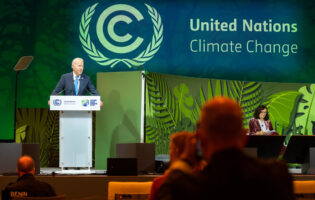
The Biden Administration Internationalizes its Trade Policy
In the last month, both at home and abroad, the Biden administration has stepped up its engagement on the potentially game-changing yet currently languishing role of trade policy in advancing …
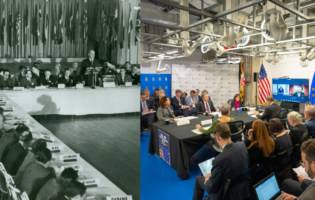
Realism, Idealism, and U.S. Trade Policy
For nearly 100 years, U.S. trade policy has been judged by where it is situated along a continuum from protectionism to free trade. With the Reciprocal Trade Agreements Act of …
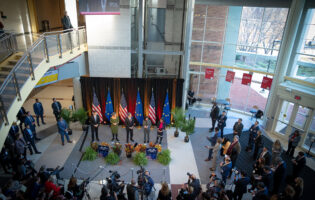
The Transatlantic Economy in an Election Year
This year will see elections in both the United States (the White House and Congress) and the European Union (the European Parliament and indirectly the next President of the European …

The U.S.-EU Summit and the Double Irony of GASSA
There are two ironies in the absence of an agreement on a “Global Arrangement on Sustainable Steel and Aluminum” (GASSA) at last Friday’s U.S.-EU summit in Washington, where President Biden …
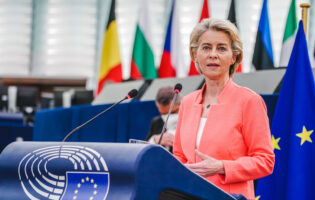
The SOTEU and Transatlantic Economic Relations
European Commission President Ursula von der Leyen gave her annual State of the European Union speech this week in Strasbourg, the official seat of the European Parliament. With the title …



